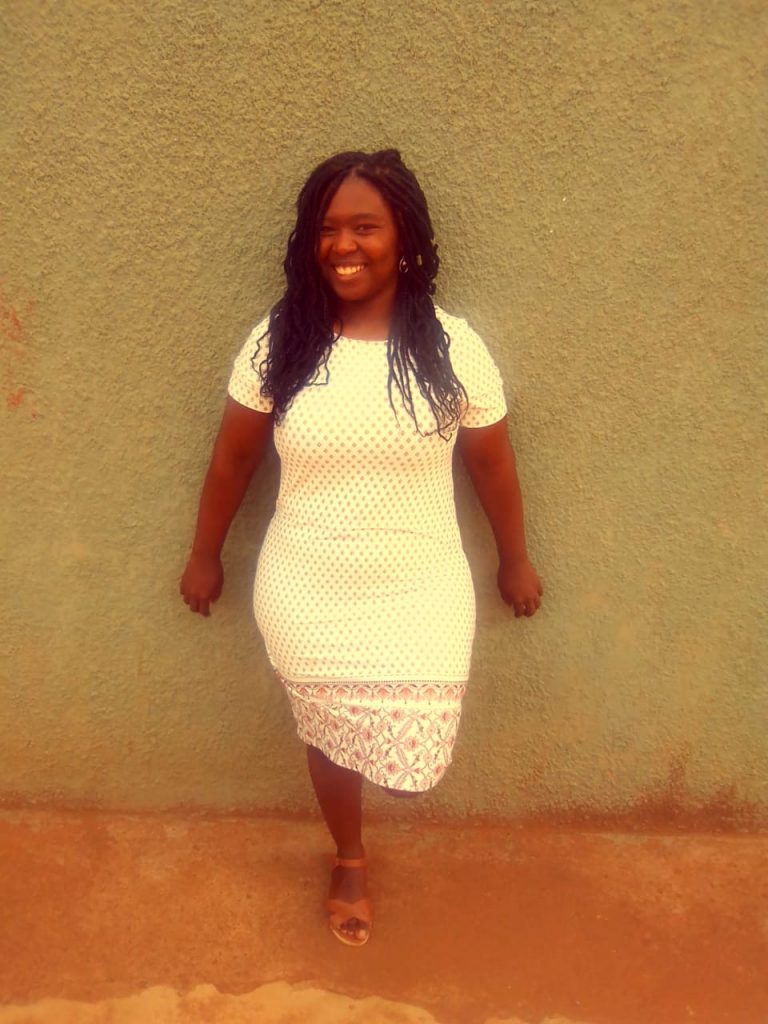IN CONVERSATION WITH: BONISWA DINEKA– CHAIR OF AMNESTY INTERNATIONAL SOUTH AFRIA VAAL COMMUNITY CHAPTER
In order to accurately respond to the posed question one would first have to breakdown one’s definition and understanding of the words leadership and education.
Here are mine:
- Education is the gradual process of acquiring knowledge. Knowledge that can be used in service of something.
- Leadership is the embodiment of social responsibility, it is the act of using influence and suggestion to guide others to a common goal that serves the best interest of a chosen or specified demographic.
All too often we have seen public officials misuse state resources and abuse the power of public office for personal gain, it happens so often it has become normalised. In order to put an end to this, we first have to hold ourselves as a society accountable because in a democratic country such as South Africa, we elect people into the positions of power they hold. Secondly, this is particularly to the young leaders:
“Powerful people cannot afford to educate the people that they oppress, because once you are truly educated you will not ask for power you will take it.” John Henrik Clarke
There is a famous saying that “freedom is not free” and what we as the youth need to understand is that nothing will be given to us. If we want change, we must create it and that will require possibly (?) going against our elders. To create a different leadership, we need to create a different culture. Where “servant leadership” is the standard, a culture in which humanitarianism and the preservation of life is the foundation of the social structure and policy making – not economic advancement. This is not to say that fiscal growth is insignificant but merely to say that it cannot be more important than life itself.
“Corporations are treated as people right now; corporations have more rights than people at this moment in time.” Melanie Ennis
Furthermore, I believe we should have a bottom-up approach in which the needs of marginalised people are prioritised instead of being treated like an afterthought; creating diversity in leadership that isn’t just about meeting diversity quotas but is actually based on the need to create sustainable change in businesses, schools, civil organisations, healthcare institutions and broader society.
In conclusion, I say that power is not granted, it is assumed, however power isn’t a title or having dominion over others. To be truly empowered is to have self-sovereignty. The day we live in a society where everybody has the freedom to express the fullness of themselves without fearing for their life or wellbeing is the day we have truly great leaders.

This article was written by Boniswa Dineka (Bonny Khalalelo on all the socials). Bonny is a freelance writer and community activist, with a passion and vested interest in the movement for achieving gender equality, racial equality and the end of discrimination and abuse against LGBTIQA+ individuals. Bonny is also the chair of the AI Vaal chapter, which is Amnesty International South Africa’s very first community chapter. When she isn’t raising awareness for and making an impact on important human rights issues, she is busy being the favourite aunt to all her nieces and nephews – and they will attest to that!
**This article was contributed by a guest blogger. This blog entry does not necessarily represent the position or opinion of Amnesty International South Africa.


